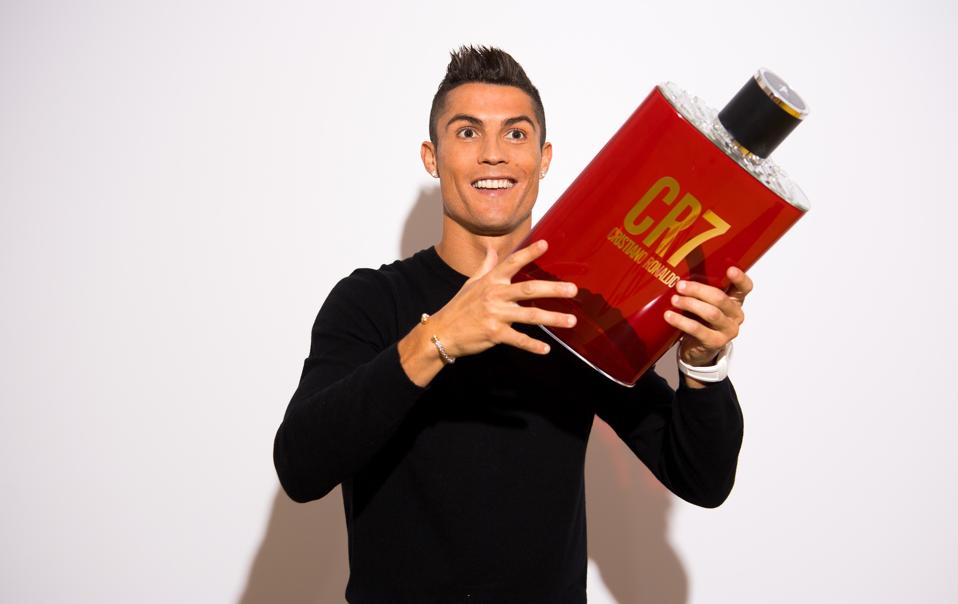Welcoming an array of high-profile soccer stars from abroad has helped Saudi Arabia exercise a type of soft power. With a probable home World Cup a decade from now, it wants to create the best national image possible through its soccer and sports scene generally.
Accusations of Saudi sportswashing—amid criticism of the country from human rights organizations—blemish the glitzy façade. The massive salaries and paydays enticing athletes, some hopping on board the Saudi hype train, are well-known to watchers outside, as it also seeks to muscle its way from an unsustainable oil-based economy to a sports and tourism zone.
Less discussed is the bigger money-making picture. Alongside wages, soccer players are ideally placed to profit from lucrative brand endorsements once they land in the Gulf. Interestingly, one sector looking to pounce on the other end of those deals is beauty, especially native fragrance and perfume labels.
Holding a certain mystique in the country, fragrances—going back many centuries in Saudi Arabia—have a strong presence in traditional culture and are popular products among wealthy citizens. Sharron Elkebas, the managing director of the talent agency MN2S, who helps partner celebrities with brands, notes the synergy with soccer talent and how much athletes can make from deals with recognizable names.
“A-listers are going to be starting in high six figures but usually low seven figures for this category,” he tells me in an interview. “It depends on the stature of the talent and the brand.”
Some are already involved. Saudi Pro League players to join forces with labels in this market include the former Laxio enforcer Sergej Milinkovic Savic, Al-Hilal teammate Rúben Neves, and Brazilian playmaker Talisca. And there will be more as and when others swap Europe for the Pro League.
As for Al-Nassr’s Cristiano Ronaldo, the greatest attraction of all, he’s absent from that list. However, with his trademark CR7 perfume not becoming a resounding success, it’s conceivable that he could be next and swell his fortune in the process.
Big Stars And Brands Win, But Who Else?
Even when splashing out on campaigns with the top-billing stars, which is possible in the Saudi market, luxury brands can anticipate plenty of return from their investment. For some prospective athletes, there are existing contracts to break. Yet it’s an arena where money ultimately talks.
Outside the big businesses, silky midfielders, and consumers driving this commerce, it’s worth remembering that Saudi Arabia is more than a mall for the rich. It’s equally home to lower-income citizens, a far cry from the affluent bubble soccer creates.
Glancing ahead, who the winners are when Saudi Arabia likely hosts international teams and fans in 2034 will be telling. A sole bidder for the competition, its suitability to stage the game’s biggest show depends on who you ask. When it comes to players, at the center of everything, they will be the ones to decide whether to put their weight around the tournament and the various sponsors and partners circling it.
Before then, if the league grows rather than regresses, the most talented individuals will oil the high-end economy and not just influence matters on the field of play.

